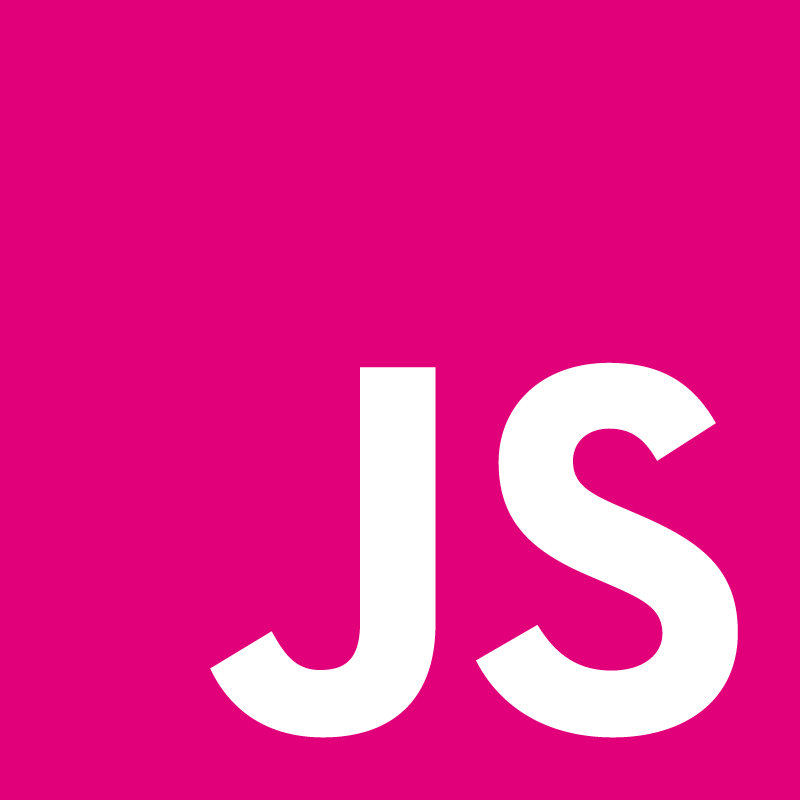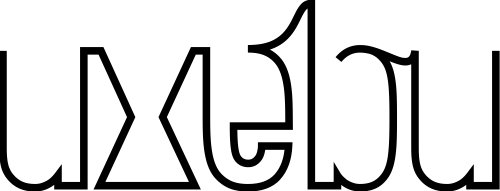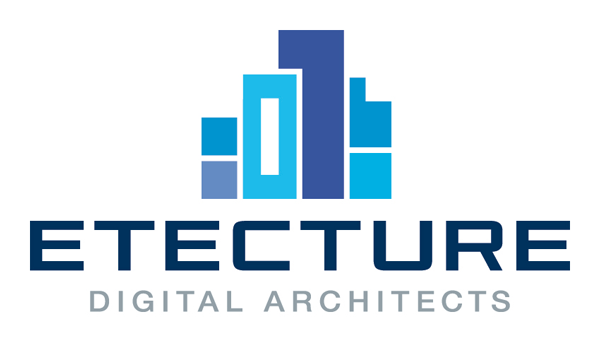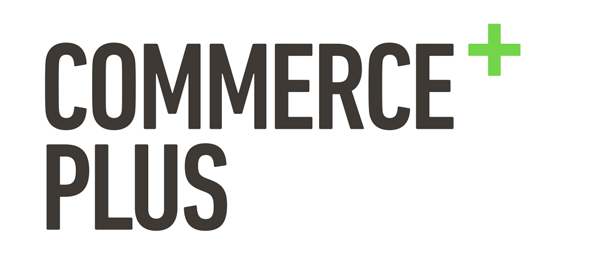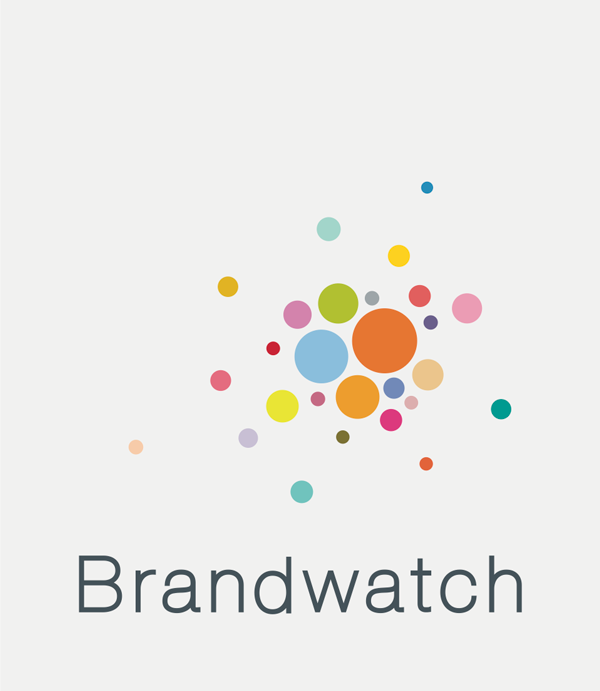Michele Guido: It Takes a Village to Make a Programmer
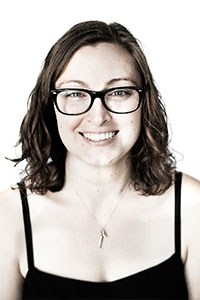
In two parts, I’ll share the story of how I transformed into a hirable web developer in just under one year while highlighting the ways people helped me to get to that point. I hope you’ll come away with ideas how you can make a difference in your own community. As Tal Ben-Shahar says, there is no more selfish act than a generous one, so this talk is really for your own good.



- » Germany/Berlin
- » Website
- » Github
Transcript
Hello everybody. My name is Michele with one L. This is my talk "It takes a village to make a programmer". It's a talk in 2 parts. The first part is my story and the second part is a bunch of suggestions for you, for how you can help in your own village. To start my story... I went to school for teaching and I unfortunately graduated at the height of the recession in the United States. So I ended up not getting a teaching job and I was just substitute teaching, which I think is the most demoralizing job in the world. I was really unhappy for awhile. I realized I would have to move to get a job and I thought: if I'm going to move away for a job, I'm going to move far, far away. After 2 years of substitute teaching, I moved to Germany. When I got here, I got a random office job that wasn't going to be permanent. I realized I had a big decision to make. There were lots of different directions my professional career could go. I had thrown around the idea of maybe becoming a UX designer. I could teach English as a foreign language. I could try to go back to teaching. I could keep this office job if I really wanted to. Or I could do something totally different. So, one day at my office job -- I was an office manager for a tour operator for people who went on cruises -- we got a bill from our programmers. The bill was really outrageous. It was for this really simple customer feedback form that we asked them to create for us. I had written back and forth to them about 10 times with all these little things that they could have done to make it better. I was taking German courses at the time and afterwards I had gone out with my classmates. I was so angry and so upset about this, I was raving to them about how I could do it better... I should be a programmer... I could do this... I didn't take myself very seriously, but one of my classmates did. She emailed me about a course that was going to be offered in Berlin called "Front-end web development for beginners". It was really expensive, so I sent an email to my brother saying "Hey, there's this course. Wanna sponsor me? LOL" I got the loving response from him of: nothing. I wrote to him a second time, "No, seriously. What do you think? Will you help me out?" He said yes, so I took the course. Halfway through the course, one of the people working for General Assembly -- the company where I took it -- was also running a group here in Berlin called "Berlin Geekettes". I found out they were offering a hackathon. So after 6 weeks with just knowledge of HTML and CSS, I participated in my first hackathon. This was where I had my "Holy. Shit." moment. I was like, "Oh my god!" The energy that you could feel in the room, when everybody was just getting together and hashing out their ideas and forming teams and working together... The energy was electric. I looked around and I just saw amazing things happening. People were taking ideas that just existed inside of their own head, and using nothing but their computer and their hands and people around them they were taking this idea and making it into something that other people could do and use and interact with. I thought that was amazing. I thought: I want to do that and I want to do that and I want to do that. I want to be able to do everything. I ended up quitting my office job. I finally realized what I wanted to do. And I thought, OK I am going to do it. Berlin is the city where you can take some time off and afford it, so I decided to do this. I had a lot of free time on my hands once I was unemployed and I heard about a conference called Eurocamp. It's a Ruby conference that happens here in Berlin. I'd never heard about anything like a tech conference before. It was never something really on my radar. I thought, cool, an event where everybody is interested in the same thing and they go there and hang out? I want to go! A couple of people I knew had gotten tickets through Rails Girls. They'd gotten them for free through a diversity outreach program. But there were no tickets left. I couldn't afford go myself, being unemployed. They said "follow the Twitter account and maybe somebody will sell theirs for free, or get rid of it for a cheap price!" I started following the account and I saw this guy, Bruno and he tweeted: So, I have my Eurocamp ticket and unfortunately I can't go. Let's make it count. Give me a good reason and it's free. #givesomethingback I tweeted at him right away and I wasn't sure if I could get the ticket -- I didn't know what other people I was competing with and what reasons they had -- but I said: I'm really passionate, please give me a chance. And I did get the ticket. I got the ticket with several stipulations. He said: OK, you can have the ticket, but I have three rules. Number 1: You have to have fun. You have to have a lot of fun. I said I can do that. Number 2: Find my friend Justine, she is giving a talk, give her a hug. I said I can do that, too. Number 3: I don't care what you do, what it is. Somehow you need to give back to the community. I said: OK, I can do that. So that's part of what I'm here doing today: hoping that I can inspire you to give back to your communities as well. I went to the conference and it was way more impactful in my life than I ever could have imagined. It was where I took my first Rails Girls workshop and I decided I did not want to start programming by learning Rails. One of the girls I attended with went on to become one of my best friends. I was exposed to the idea of lightning talks for the first time and that was the first time I thought to myself: maybe I can be a speaker too. Five minutes? I can do that! Probably the most important thing was this talk that was given at the Rails Girls workshop by another woman who had changed careers one year after her first Rails Girls workshop. I don't remember a single thing about her talk, because I just sat there the whole time after she had been introduced, thinking to myself: I'm going to do that, and I'm going to do it faster and I'm going to do it better. Since then, she has actually seen me give this talk and we have spoken about it. She is cool with it, because you want your talk to impact people and how effective is your talk if you don't even have to give it for it to have such a profound inspiration? So, I attended this wonderful conference and was back to my unemployed life. I had 5 really good days. 5 great days where I was working from the moment I woke up until a reasonable hour in the evening. Keeping track of what I was doing, how much time I spent learning each thing... It was really productive first week. After that everything went downhill. I don't know how much you have tried to do completely on your own, but it is not easy. After that it became a big struggle. Luckily at the same time I met another guy, named Fronx, who also quit his job. We had these really symbiotic interests, where he was interested in learning more about teaching, I was interested in learning more about programming and those were both our respective careers, so we teamed up. He became a real huge mentor for me. He would hang out with me and pair program. He would whip up a gist and explain a concept if I was getting trouble getting it and we weren't together. He wrote homework assignments for me. He really pushed my learning forward and helped me to have somebody to rely on. Somebody I could trust and ask questions and help me improve and expand my knowledge. Soon after this -- because relying on Fronx wouldn't have been enough -- I found about a program that was being piloted in Berlin called Hackership. It's based on the Hackerschool in New York, if you're familiar with that. It is a full time learning program for programmers of all levels of experience. Basically, what you do is come together full time and just working on learning whatever you are interested in. Not only do you have mentors provided for you, but you're working alongside other people, so it's like a real academic setting. It helps you have somewhere to go and you get to put on workshops yourself. One of the best parts was, at the end of every week we had to give presentations to the whole group, so I got to practice my public speaking and got to share what I was working on during these six weeks, which was a web application that I was building in Ruby without any frameworks or any libraries except for the crypto stuff. The thing I was most proud of was the user authentication system I wrote. That was really cool. That was for 6 weeks and that really pushed my learning forward. Just to recap on the timeline of the situation.... January 22, 2013 -- last year -- that was when I wrote my first "Hello world" at this front-end web development course. And January 21st of this year -- 2014 -- I got not one, but two junior developer job offers. Once I finally got over the fear of looking for a job. (applause) So, some really exciting news. I work for Sociomantic. The team I started on was doing the CSS for ad banners. So I have been doing CSS exclusively for the last six months, but I just found out this week I got accepted to a new team where I will be doing native JavaScript. (applause) I got this job offer and I accepted it but because of some legal issues I had to wait about a month-and-a-half before I could start working. Again I had some more free time, so I decided to apply to speak at my first conferences. I got accepted to speak at my first conference. It was another Ruby conference in Uruguay. Uruguay is pretty far away from Berlin. Something happens when you are unemployed for seven months. You run out of money. So I got accepted to speak at this conference, I was invited to go, but I had no way to get there. At the urging of the conference organizers, I setup an Indiegogo and again the community overwhelmed me with their support. In 24 hours I made all the money I needed to cover the flight and somewhere to stay. Just out of the generosity of people's hearts. Most people didn't know me at all. They just read the little description of this talk I'm giving now. I have to thank a couple of people as one of the rewards. Thank you to Bruno, Denis, Dafydd, Seth, Sven, along with a dozen other people who helped me to get there. (applause) So thank you to them. As I have said, the community has done so much for me and so much to help me to get to where I am today, that now I would like to give you some suggestions for how you can help in your own community. I'm going to go through a list of suggestions with some different resources, based on what resources you have. I hope there is something for everybody here. This is how to help in your own village. If you have a little bit of time, just a little bit, there are still things you can do. The first thing is, you can give encouragement. It's such a simple thing, but it can have such a huge impact. I can't tell you how many days I was learning programming and I would get stuck on a concept. It would not click in my head and I'd think: What are you doing? Are you crazy? You should go back to doing something else because you're never going to figure this out. It's never going to work out. And then, inevitably, living in an international city like Berlin I would meet somebody and they would say: what are you doing in Berlin? And I'd be like: oh, I'm changing careers, I'm learning how to program. And they'be like: no way, that is so awesome! I'd be like, oh... yeah, it kind of is awesome, I'm following my dreams! It would just jolt me back. I have a real reason I'm doing this and I do belong in programming. Something simple as "hey, that's really cool" can really make somebody's day. Something else you can do with a little bit of time is expose your passions. I want you to take to Twitter, take to a blog, a meetup, start speaking about whatever you're interested in. Everybody in this room has something they're interested in that is unique, but you don't know who else shares this unique interest of yours if you don't talk about it and you don't share it. Especially consider ways you can be inviting, to talk people who might not have as much knowledge about this as you do. Think of ways to get other people involved. If you have a little bit of time or a lot of time, there are some options for you... Quality beginner-friendly resources. There are 2 parts to this. The first is, just sharing them. If you only have a little bit of time you can find quality resources and share them by tweeting them or just telling people about them. Or if you have even more time, maybe you can write some yourself. Because as you know, there is such a wealth of resources out there and they are not all created equal. You can Google how to do something and find 25 different blog articles and you know that some of these are crap and some are good. But you don't know, if you are inexperienced. If you have any sort of motivation to write some of these things, please do it. Maybe you don't have time, but you have money? You can be a sponsor. It is so easy to have so many excuses why you don't want to try something new or get into a new field or get started. You can talk people out of a lot of excuses, but you can't talk someone out of not having enough money. You could sponsor someone for a course or workshop -- like my brother did for me -- or some other creative way to use the resources that you have. You can also send somebody to a conference. As we said before a conference is so much more than just talks and professional development. There is networking, you meet friends, there can be workshops. You just get so much more from a conference than you can imagine. It can be a really great place, but as you know, they can be really expensive. If you have some way to get an extra ticket or if you're an organizer: JSConf did a really great job with these diversity tickets where you could buy one and send someone else with it. Something like that is really awesome. If you have a lot of time, you should become a mentor. This is the single most important thing that you can do for anyone who is starting out or changing careers. It is the biggest thing you can do to help someone. If you have somebody to trust and somebody you can ask these questions to and you can share your experiences with. There are so many different ways you can do this. It doesn't have to mean just one thing. You could meet for lunch as often as monthly, or weekly. Whatever you can commit to. You could pair program with people. You could simply offer advice by email. In the last year, I found out about this program called mentoring.is. It is a distributed mentoring movement. You add /mentoring to your personal website, and they give you a text that you can use to just say to people, "Hey, I'm open to being a mentor. This is how to get in touch with me." It is a really great way if you don't know how to get started or how to get involved in your community. You can simply add this and start sharing it. If you have space and time. There are more options. We need you to create safe spaces. What do I mean by that? Safe spaces can be anything: a hackathon, a workshop, a study group. It could mean a women-only group. Or some sort of minority-only group. I want to make a point about this. There seems to be some controversy, where people think that these whatever-only spaces are exclusive. They're not. They're actually inclusive. They include people who otherwise would have been excluded. Whether they would have felt uncomfortable, or unsafe or couldn't get in due to overcrowding. Whatever reason it is, it includes more people who otherwise wouldn't have been included. Why are safe spaces important? They are really important because this is where you challenge yourself and take risks and stretch your limits. You can't find out what new things you can do if you don't feel comfortable enough to try new things. That's why safe spaces are so important... for us to have these community spaces. Finally, if you have courage, I urge you to tell your story. Especially if you have a story that doesn't fit the mold of the stereotypical kid who started programming when he could write and has been doing it his entire life. I have a quote for you from a documentary called Misrepresentation. It says: you cannot be what you cannot see. Of course there are exceptions. But if you can be a role model or a hero for somebody... where they can identify with something in you, and if you are a little bit different than other people, that can be a really amazing way to help out by just becoming a figure for people. So, what now? I'd like to take one moment to give a shout-out to hard work and to acknowledge the hard work that I did put in. And that other people like me have put in. Because even with all the help in the world it wouldn't have been possible, and I think it is important to acknowledge. I also have one more quote for you. It is by Tal Ben-Shahar, who is a positive psychologist from Harvard. He says: there is so much benefit to the person who contributes to others that I often think that there is no more selfish act than a generous act. So that means anything you do for other people, you're really doing for yourself. Any of these ways that you can help out, you will feel a reward. And it will feel good. I can promise you that. So, now I would like you to please return to your villages and make some programmers! (applause) Thank you. Thank you. I have some resources for you. I will tweet it out later. It has different things. What I used to learn programming, mentoring and diversity groups, if you are interested in learning how to diversify more in your own company. And some different coding groups for kids. Again I would like to say thank you to everybody who has helped me, thank you for listening. Thank you from the future for all the people that you will help. Thank you for the people that you have been helping. Thank you for everyone you have helped already. Thanks. Edit transcript via pull request.
